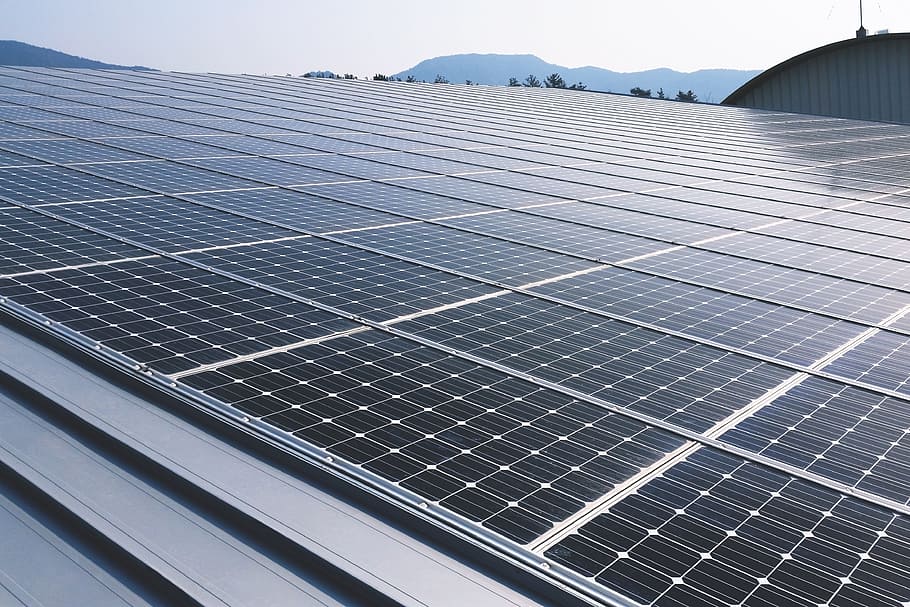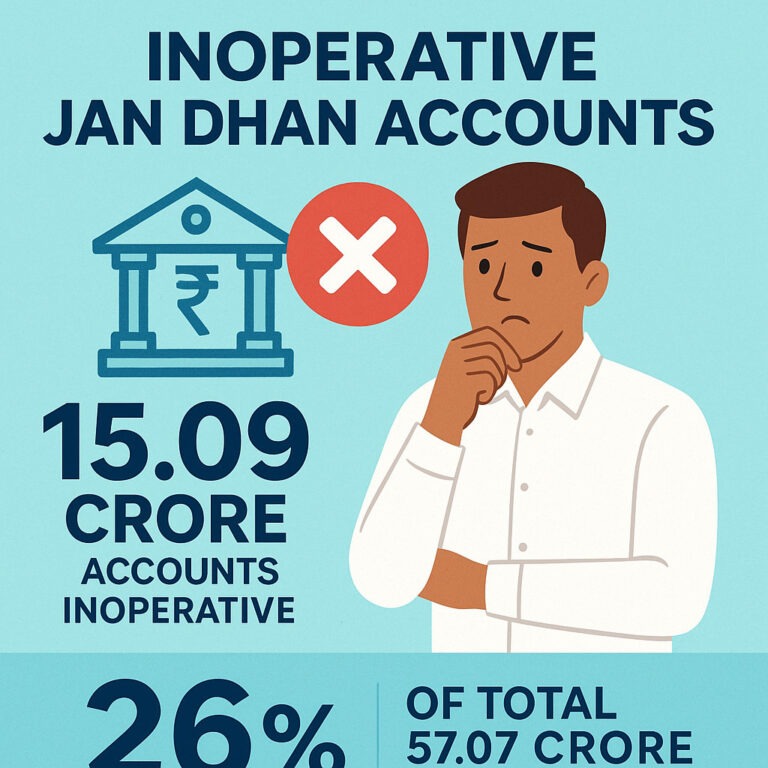
Colombo meeting sees new frameworks, SIDS platform launch, and regional cooperation push. The International Solar Alliance (ISA) and the Government of Sri Lanka have entered into a strategic Country Partnership Framework (CPF), reinforcing their commitment to accelerating solar energy deployment across the Asia-Pacific. Signed on July 16 during the Seventh ISA Regional Committee Meeting in Colombo, the agreement aims to scale up clean energy access, enhance institutional capacity, and promote cross-border collaboration.
The CPF was formally exchanged by Sri Lanka’s Minister of Energy Kumara Jayakody and ISA Director General Ashish Khanna in the presence of Prime Minister Dr Harini Amarasuriya. The framework outlines a focused roadmap to mobilise finance, build capacity, and expand solar infrastructure in the island nation.
Addressing the gathering, Prime Minister Amarasuriya called for collective action to ensure equitable energy access, especially for Small Island Developing States (SIDS) and lower-middle-income economies. “These countries face challenges like high infrastructure costs, land scarcity, and grid limitations — but also hold tremendous promise in decentralised solar and battery-based solutions,” she noted. “Sri Lanka is aligned with ISA’s strategic pillars and is setting up a STAR Centre in Colombo to serve as a regional hub for solar training and innovation.”
Key highlights include signing of CPF between ISA and Sri Lanka, new CPF agreements with Fiji, Kiribati and Solomon Islands, Launch of the ISA SIDS Platform in partnership with the World Bank, MoU signed with ICIMOD to expand solar solutions in mountainous regions, the inaugural SolarX APAC pitch competition for energy startups and regional dialogues on digital energy, renewables trade, and innovation
Minister Jayakody reiterated Sri Lanka’s national renewable energy goals — targeting 70% electricity generation from renewables by 2030 and net-zero carbon emissions by 2050. “Solar energy remains central to this strategy,” he said. “The newly launched SIDS Platform will create shared benefits through economies of scale, competitive procurement, and collective expertise. ISA’s transition from ambition to implementation is evident in today’s agreements.”
India Reaffirms Support for Regional Solar Partnerships
India’s High Commissioner to Sri Lanka, Santosh Jha, highlighted the country’s leadership in clean energy and its enduring support for ISA. “India’s experience in surpassing non-fossil electricity capacity targets underscores the power of unified ambition,” he said. “ISA, a joint initiative of India and France, is now a pivotal force in advancing solar energy in developing economies and SIDS.”
ISA’s Four-Pillar Strategy for the Asia-Pacific
ISA Director General Ashish Khanna laid out a comprehensive regional strategy focused on:
- Mobilising catalytic solar finance
- Enhancing institutional capacity
- Strengthening regional coordination
- Driving innovation and technology deployment
“We aim to co-develop impactful solar interventions tailored to each member nation’s needs,” Khanna stated. “Asia-Pacific plays a defining role in the global solar transition.”
The Colombo meeting continues on 17 July with sessions focused on scaling decentralised solar technologies, operationalising the SIDS platform, and strengthening implementation frameworks for solar adoption.





